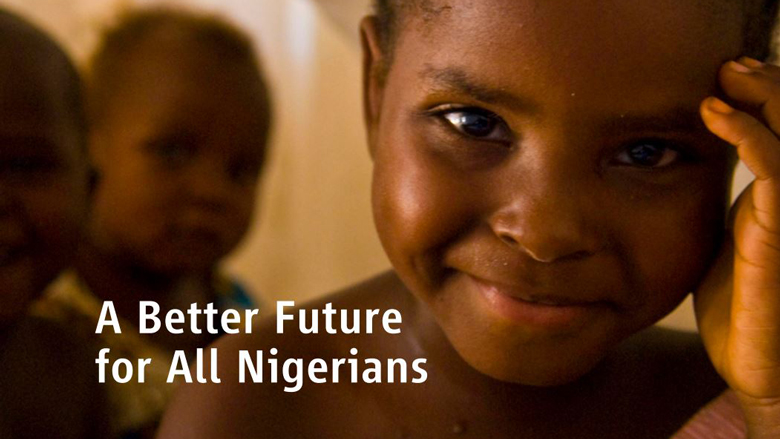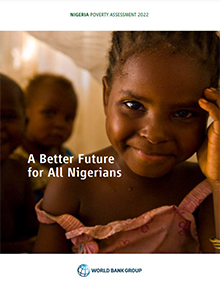This poverty assessment looks to microdata for a more detailed understanding of poverty reduction in Nigeria. While many macroeconomic data are released fairly regularly in Nigeria—with GDP data and price data published at least every quarter—the microdata needed to measure welfare and poverty and to tackle distributional issues are far less frequent. This makes linking macro and micro issues more challenging. Yet, as described in detail in the report, new microdata collected just before, and then during, the COVID-19 crisis present a unique opportunity to take a more rounded look at poverty reduction in Nigeria.
The poverty assessment also introduces new analysis, which could strengthen the evidence base for Nigeria’s poverty reduction policies. In particular, the report brings in deeper analysis on the relationship between the labor market and poverty, climate shocks, and the role of social protection in poverty reduction. The report also features three “spotlights”: these are mini case studies on specific policy debates that are ongoing in Nigeria.
Spotlight 1 tackles trade distortions and household welfare, Spotlight 2 examines food insecurity, and Spotlight 3 considers fuel subsidy reform and Nigeria’s political economy.
Given Nigeria’s federal structure, the poverty assessment aims to disaggregate the results by state where possible, applying an explicitly geospatial lens. Socioeconomic outcomes differ dramatically between Nigeria’s states, especially between those in the north and those in the south. Providing data at the state level is therefore crucial for guiding the design and implementation of policies that can reduce poverty in Nigeria

